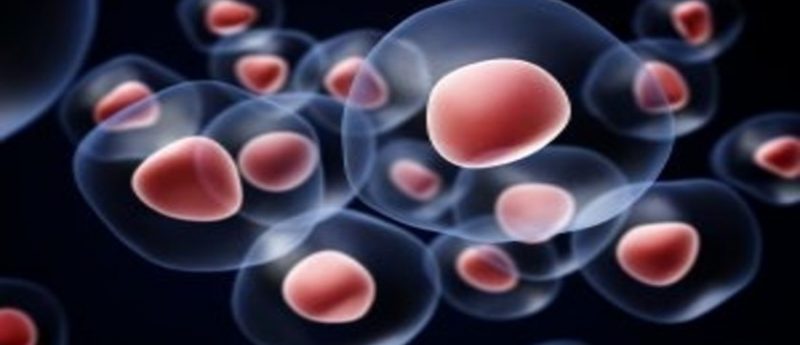Gilteritinib receives orphan designation for AML

It was recently announced by Astellas Pharma Inc. (Tokyo, Japan) that gilteritinib has received Orphan Designation for acute myeloid leukemia (AML) from the European Commission. The announcement follows the recent Orphan Drug Designation in the United States granted by the FDA to gilteritinib in mid-2017.
We spoke with, Steven Benner, Senior Vice President and Global Therapeutic Area Head of Oncology Development at Astellas to find out more about the designation:
Why has gilteritinib been granted an orphan designation?
An Orphan Designation is granted to a medicine that has the potential to benefit patients with a rare disease. Astellas received an Orphan Designation from the European Commission for gilteritinib for the treatment of AML. To receive an Orphan Designation in the European Union, a medicine must meet a number of criteria. It must be intended for the treatment, prevention or diagnosis of a disease that is life-threatening or chronically debilitating, and the prevalence of the condition in the European Union must not be more than five in 10,000 people. By granting gilteritinib with Orphan Designation status, the European Commission has recognized the potential that gilteritinib may offer to patients with AML and is supporting Astellas to develop the medicine further.
What is the key implication of orphan designation?
An Orphan Designation provides incentives to assist with the development of medicines for rare diseases. Medicines granted Orphan Designation receive various benefits such as protocol assistance, a type of scientific advice specifically for designated orphan medicines and market exclusivity, following marketing authorization.
What does this mean for patients?
AML is a rare type of cancer that affects the bone marrow and blood, and, without treatment, AML is fatal. In Western Europe there are approximately 13,000 new cases of AML every year and, although this is a relatively small amount of patients compared with other cancers, these people are faced with a severely acute condition that requires new and effective treatment options. This Orphan Designation granted by the European Commission, acknowledges the unique needs of these patients.
Sources: www.astellas.com/en/news/10211




